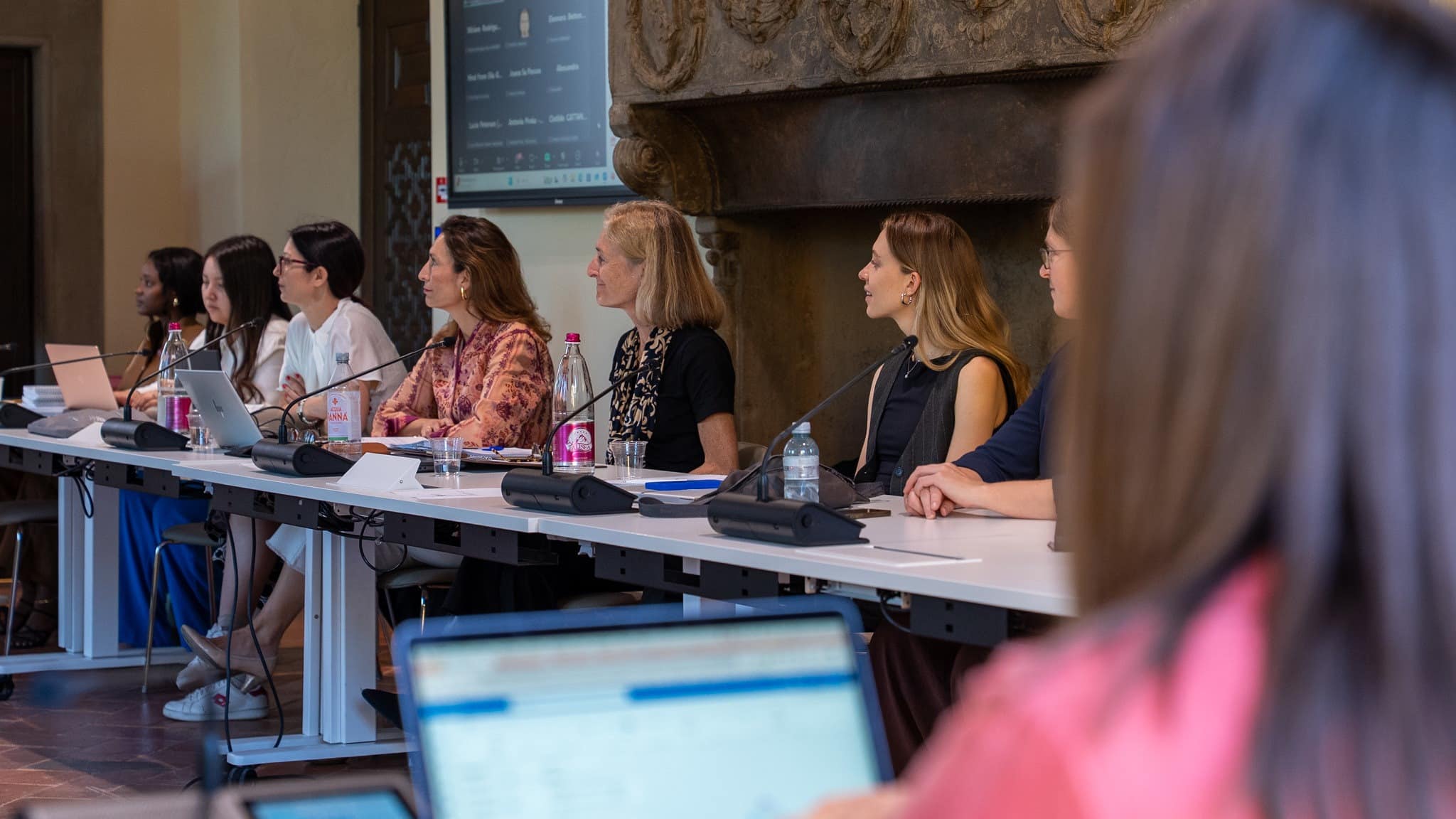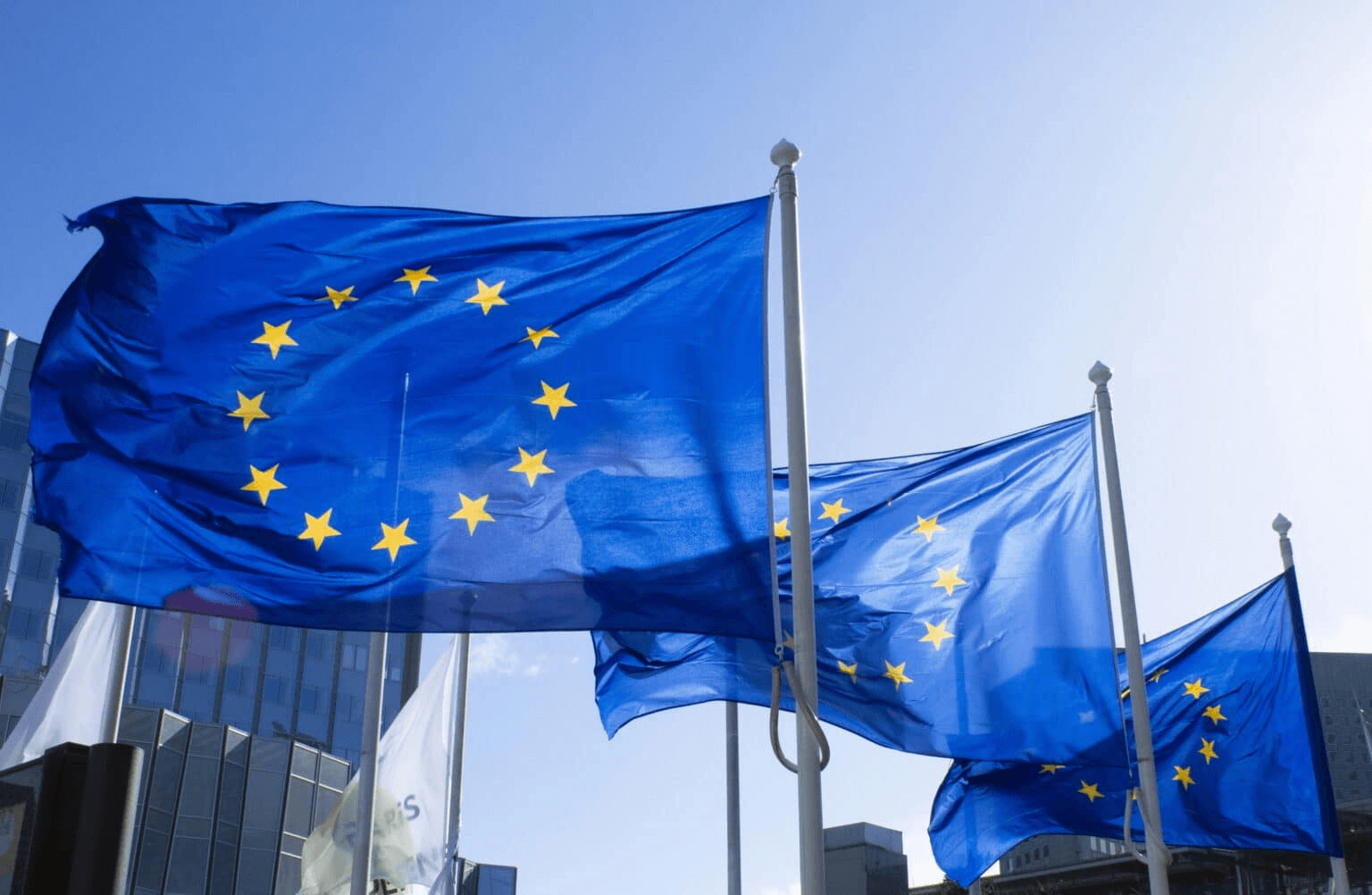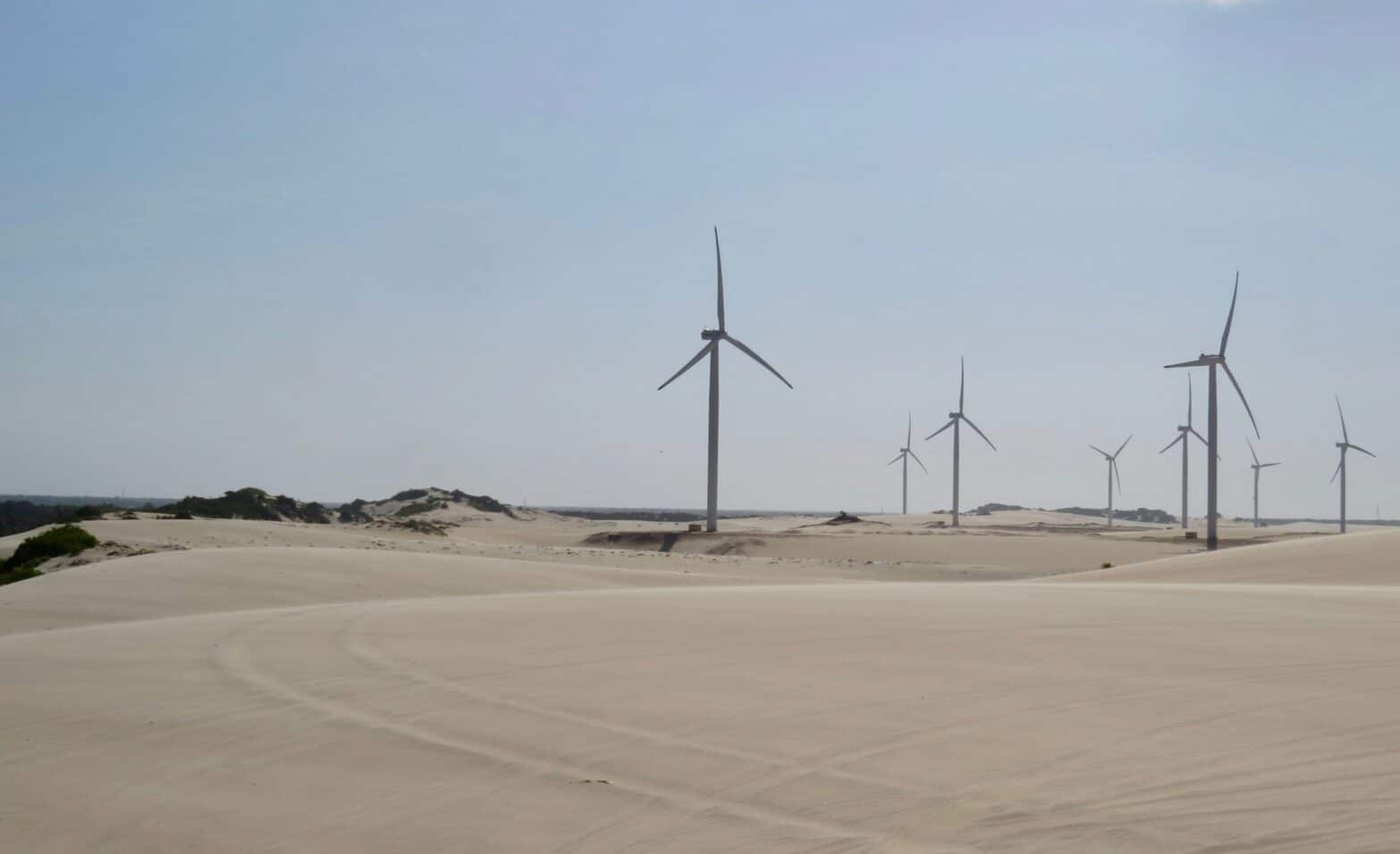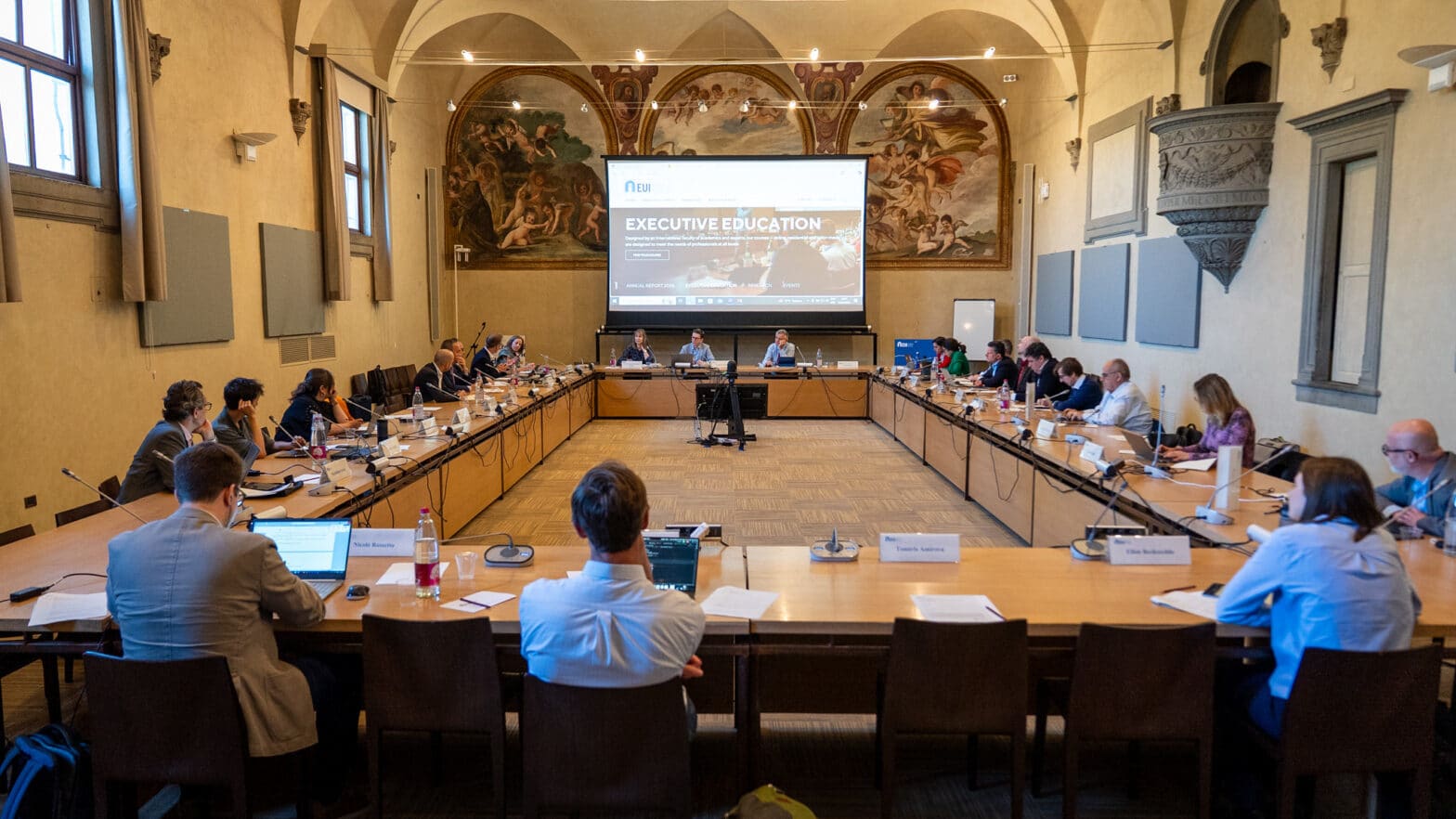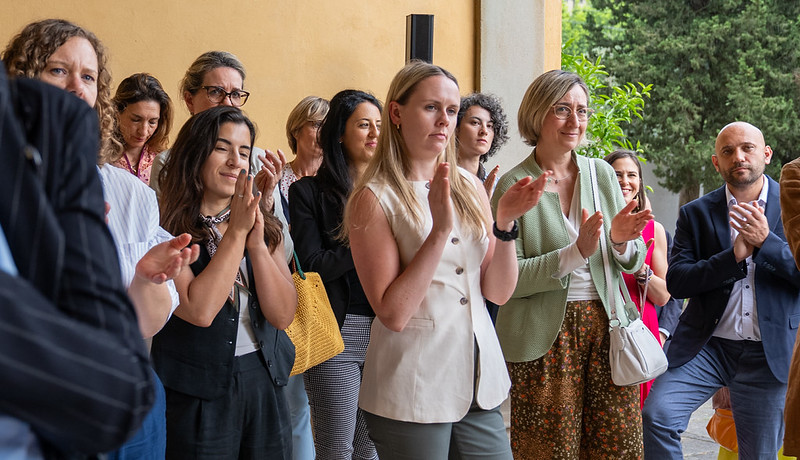The challenge of ensuring fit-for-purpose electricity grids in the EU

Watch the recording:
The EU’s decarbonisation commitments have huge consequences for the EU’s electricity system. The Clean Industrial Deal highlights this, with a further push to accelerating wind and PV, and rapidly increasing electrification in industry, buildings and transport.
The Commission has announced a number of initiatives to achieve this acceleration, including a new Industrial Electrification Fund based on the Hydrogen Bank, the new Clean Industrial Deal State aid Guidelines, a revision of the TEN-E framework, the Industrial Decarbonisation Bank, a Recommendation on network charges, and the Industrial Decarbonisation Accelerator Act. The revision of the ETS mechanism and the Renewable Energy Directive will then follow.
Clearly, without a considerable further push to decarbonising the EU’s electricity supply and increasing the share of electricity in the EU’s overall energy mix, the EU will not succeed in its climate commitments. This also has competitiveness and security issues, and it may be said that Europe is ‘slipping behind’ here: in the EU roughly 22% of the final energy services are supplied by electricity of which 36% goes to industry; in China this goes up to 28% (and growing fast) and 59% to industry.
But without a fit-for-purpose gid, in terms of investment and operation, this objective will surely fail. The Commission has committed to tabling a new Grids Package, which is expected already by the end of 2025. Following a presentation of a recent paper on the Challenge of grids in the Clean Industrial Deal and Affordable Energy Plan by Professor Christopher Jones, the Panel will discuss what needs to be in the Grids Package and what more needs to be done.
Whilst it is too early to draw conclusions or speculate regarding the cause of the Spanish blackout, the session will shed light on the next steps of the procedure that is currently ongoing, as set out under EU law. The session will also introduce the technicalities of the blackout, and possible prevention measures, as explained in a blog by Carlos Batlle on the FSR website.
Programme
10.00-10.20: Introductory Presentations
Christopher Jones | Part-time Professor at the Florence School of Regulation
Carlos Batlle | Part-time Professor at the Florence School of Regulation, Professor at the Institute for Research in Technology of Comillas Pontifical University.
10.20-11.00: Panel Discussion
Moderator: Christopher Jones
Anca-Iulia Cimpeanu | Deputy-Head of Unit, Infrastructure and Regional Cooperation, DG ENER, European Commission
Noemi Szabo | Policy Manager, ENTSO-E
Catharina Sikow-Magny | Part-time Professor at the Florence School of Regulation
Leonardo Meeus | Professor and Director of the Florence School of Regulation and the Loyola de Palacio Chair in the Robert Schuman Centre
Carlos Batlle | Part-time Professor at the Florence School of Regulation, Professor at the Institute for Research in Technology of Comillas Pontifical University.
Presentations
Don’t miss any update on our events
Sign up for free and access the latest events from our community.



